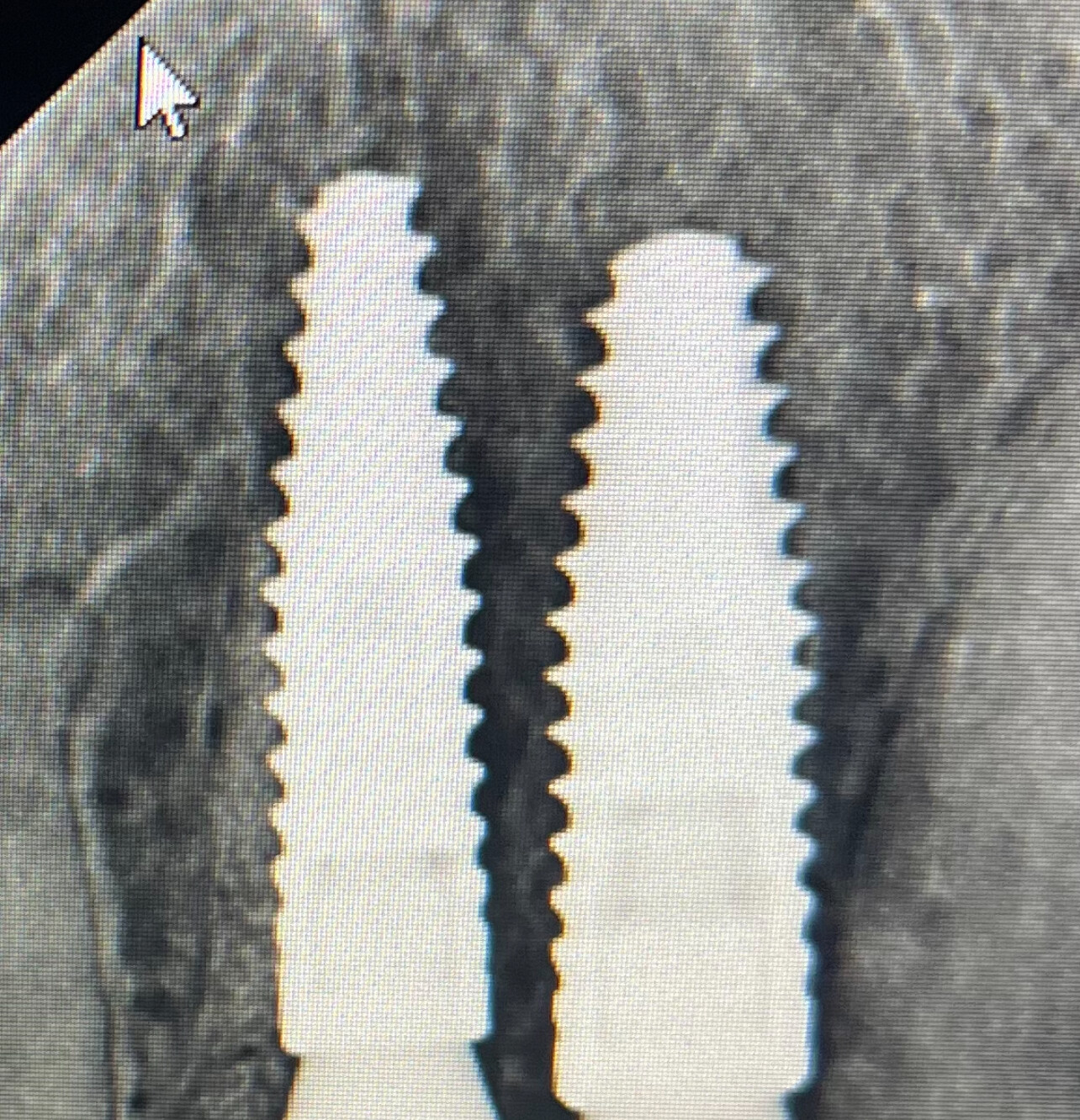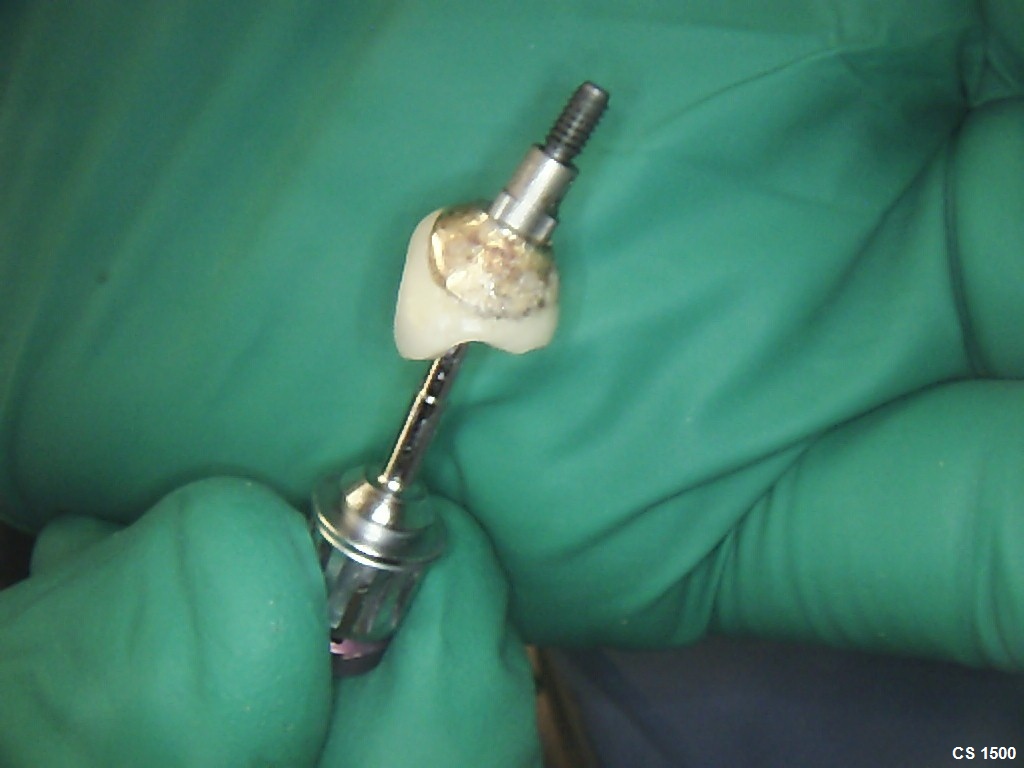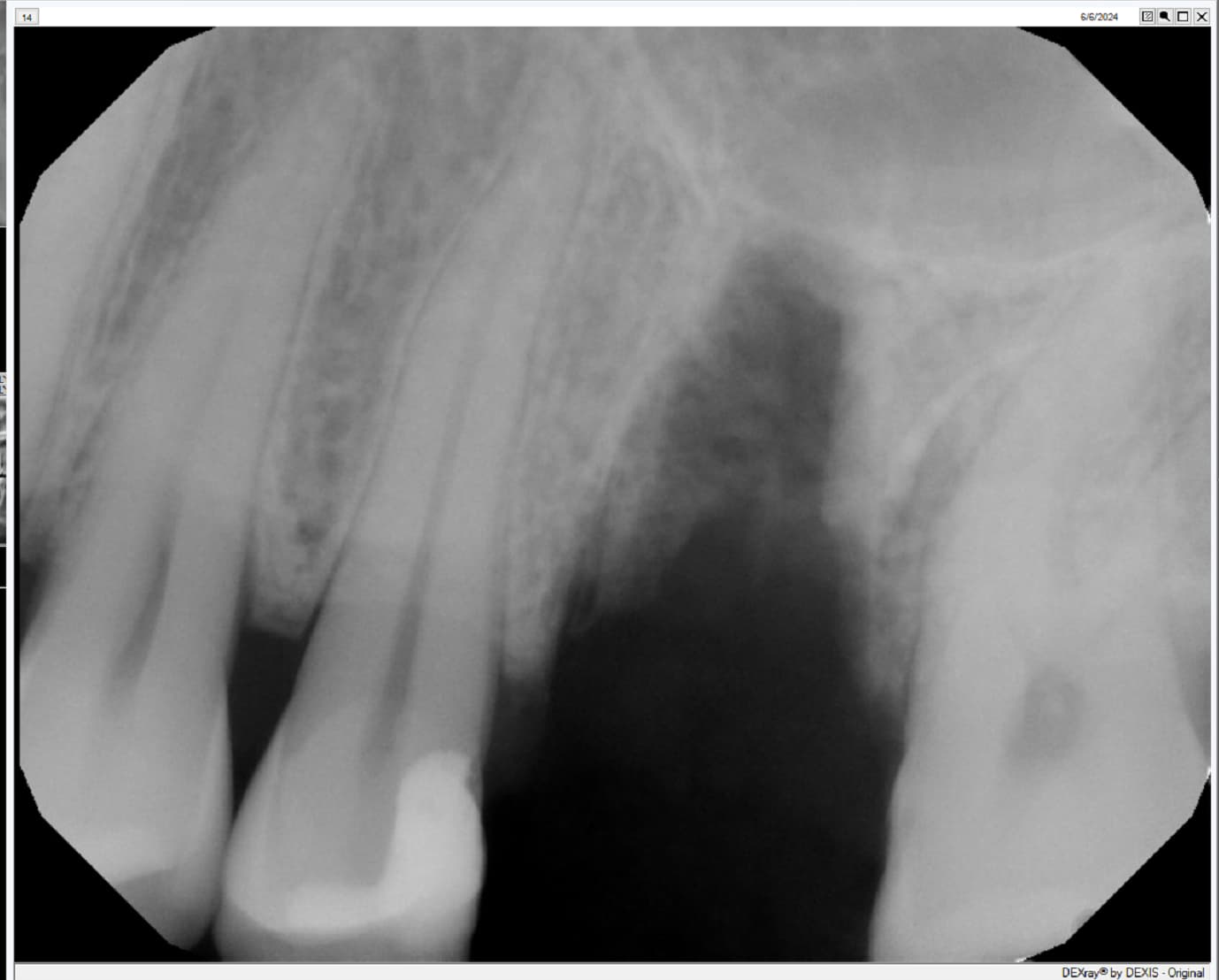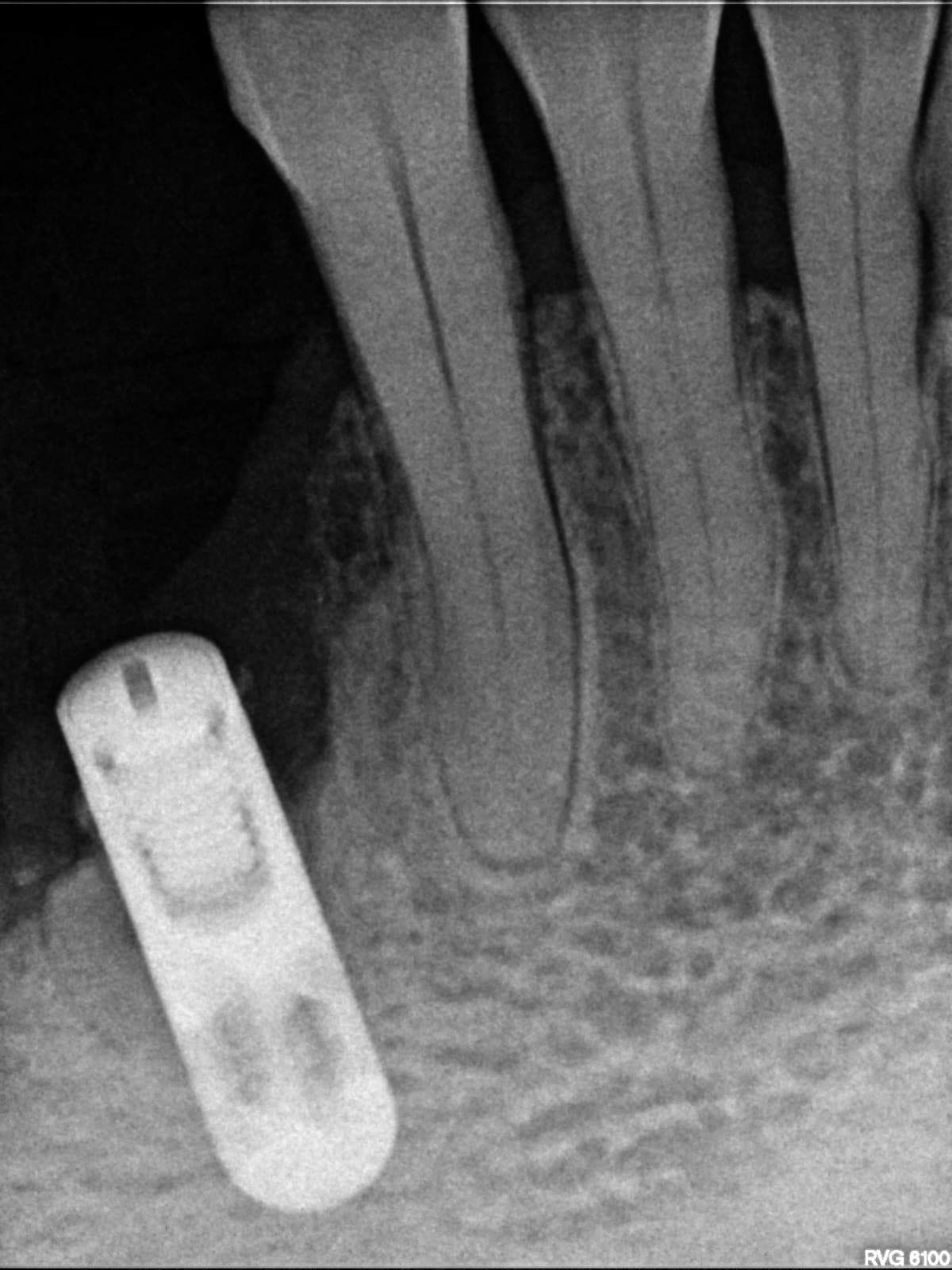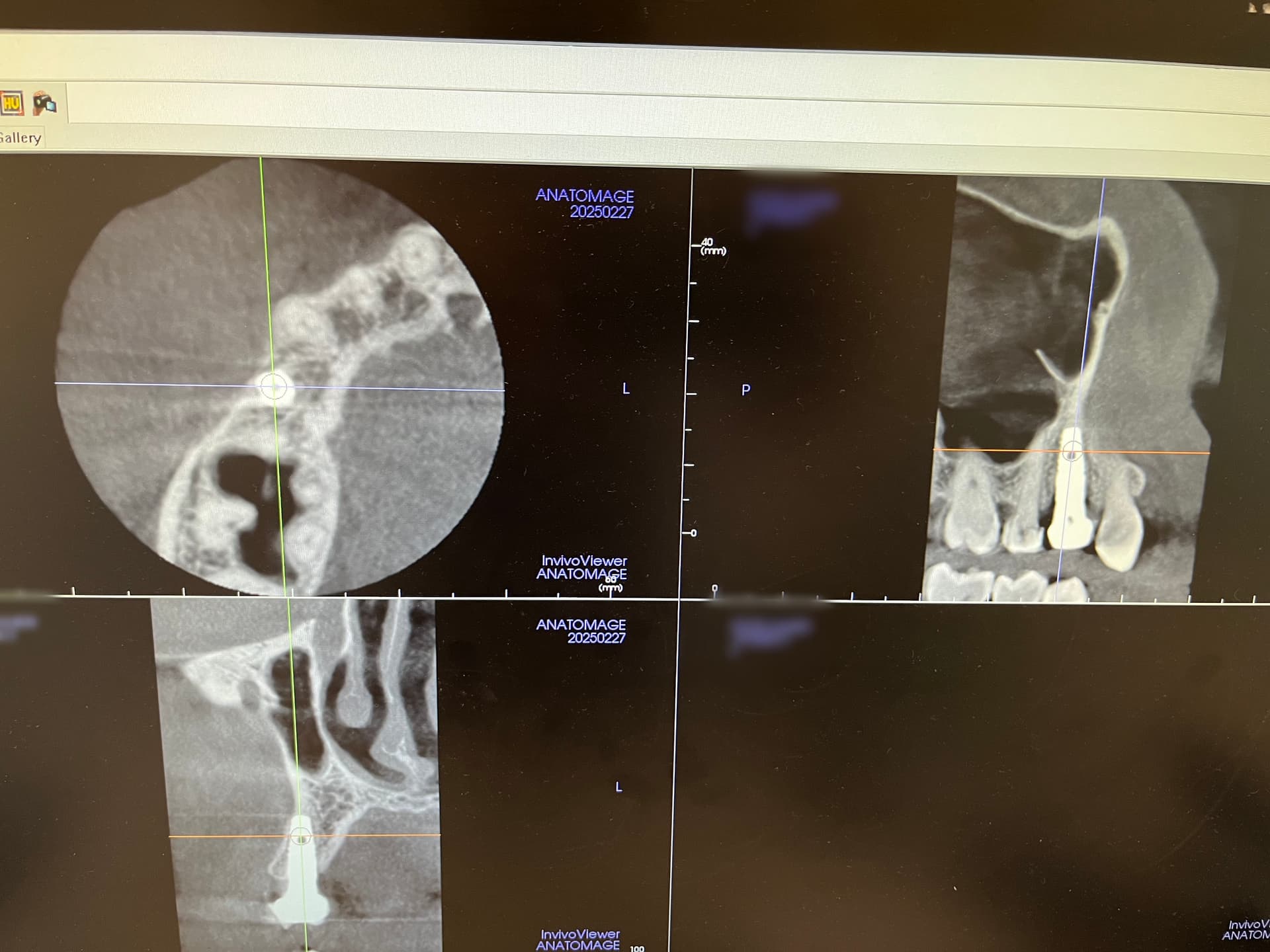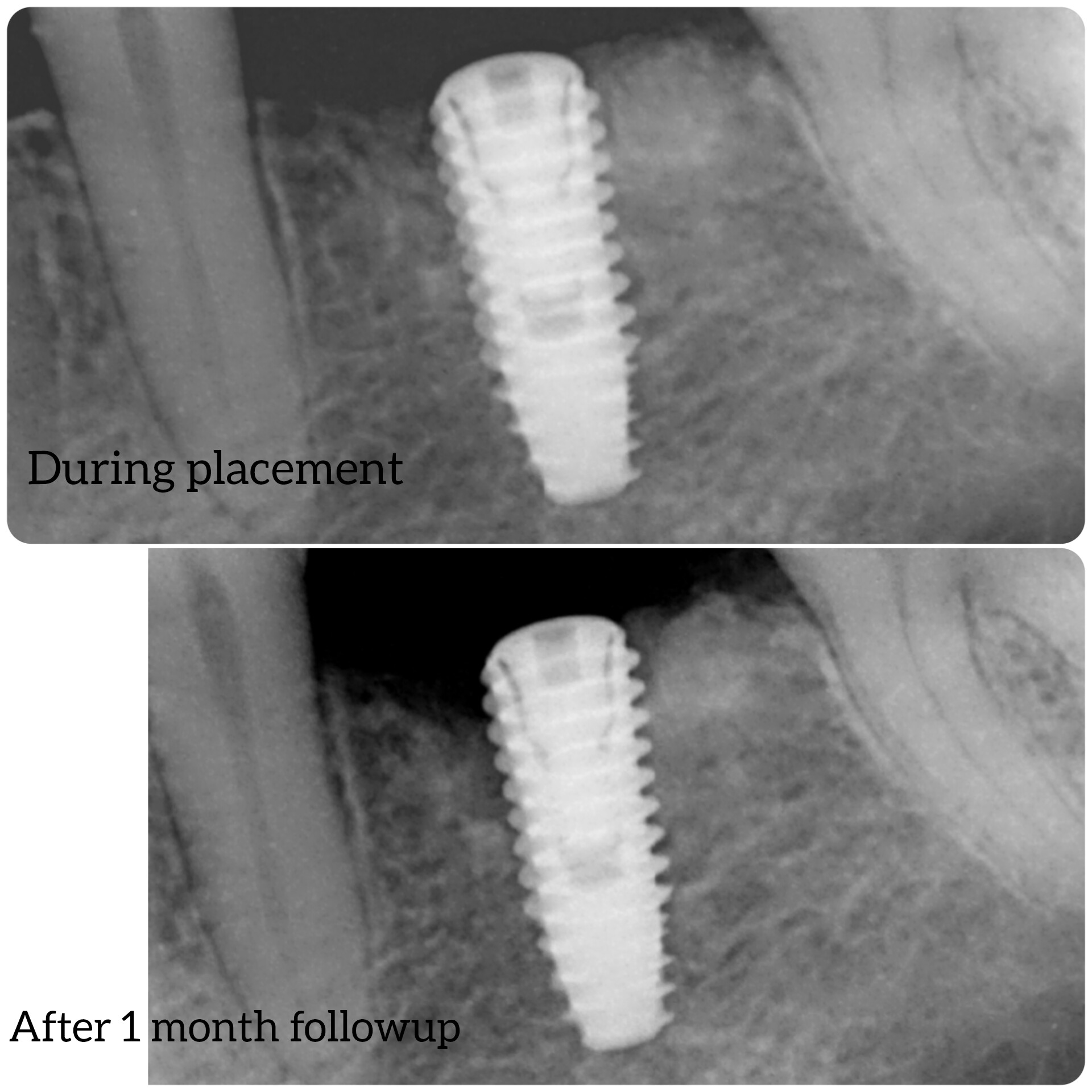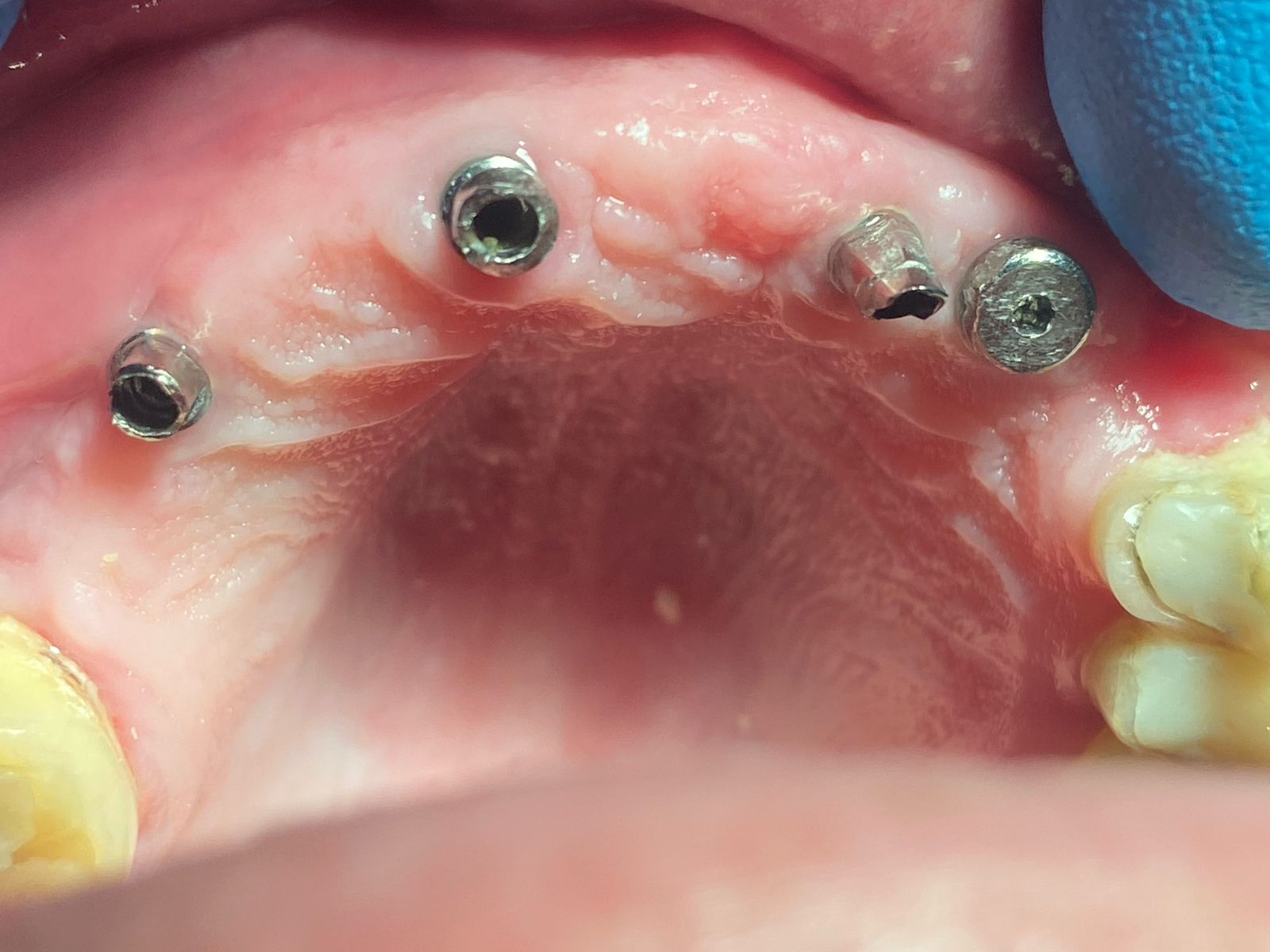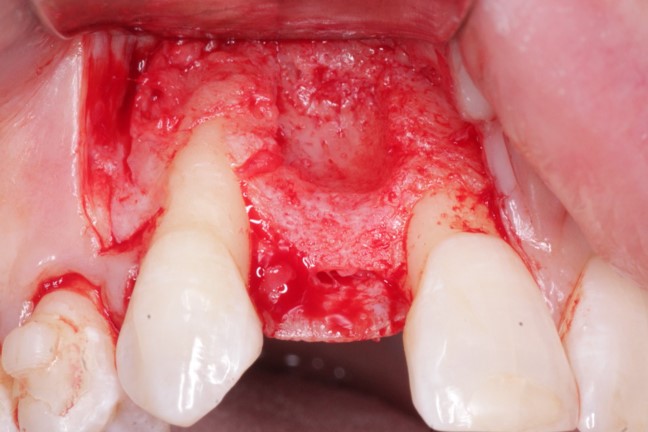Dr. Mehdi Jafari
Addison's disease is an endocrine disorder that manifests as primary adrenal insufficiency, which involves pathology in the adrenal glands. The condition develops as a result of bilateral adrenal cortex destruction. Damage to the adrenal cortex results in decreased production of adrenocortical hormones, with inadequate cortisol and, in some cases, aldosterone produced. Autoimmune factors are responsible for the destruction of the adrenal glands in most cases, but hemorrhage, adrenal vein thrombosis, infections (such as tuberculosis), and carcinoma are also known to be the cause of a significant number of cases. Symptoms of the disease can be difficult to recognize in some patients. It may only be detected when addisonian crisis occurs, precipitated by physiologically stressful events (e.g. infection or surgery) in the life of the patient. The prognosis for patients with Addison's disease who follow established guidelines is good. On average, these patients have a normal lifespan. It is a rarity for these patients to recover adrenal function and they require lifelong medication. Young age at presentation and not in crisis are positive factors. Older age of presentation, in adrenal crisis, or requiring intensive care unit stay are negative factors Complications and addisonian crisis, which can adversely affect prognosis, can be prevented by the following measures:
• Avoiding exposure to infections
• Being prepared for the potential of developing addisonian crisis and treating before symptoms develop
• Adjusting corticosteroid doses in anticipation of elective surgery
• Increasing glucocorticoid intake before known stressful events
• Switching to parenteral corticosteroids if nausea and vomiting accompany oral therapy
Patients with Addison's disease should attempt to lead a lifestyle that reduces physical and psychological stressors.Disease is stable after destruction of adrenal cortex.It is rare for this therapy to fail in patients with uncomplicated primary adrenal insufficiency.Addisonian crisis can be avoided by preparing for and, if possible, avoiding stressful psychological and physiological events.Complications of Addison's disease include:Problems arising from underlying disease, such as tuberculosis, Inappropriate levels of glucocorticoid treatment: risks of excess glucocorticoids include osteoporosis and glaucoma, Psychotic reactions ,Hyperpyrexia, Hyperkalemic paralysis (extremely rare)










